Cape Cod Bay, Sandwich, Massachusetts, boasts a rich and vibrant history that stretches back centuries.
Established in 1637, Sandwich holds the distinction of being one of the oldest towns in the United States, with a heritage that encompasses colonial settlement, maritime trade, and industrial innovation.
From its founding by European settlers to its pivotal role in the development of Cape Cod, Sandwich’s history is a tapestry woven with tales of resilience, exploration, and cultural exchange.
Exploring the history of Sandwich offers a fascinating journey through time, uncovering the stories of those who shaped its past and the events that defined its identity.
History Of Sandwich Massachusetts
Nestled on the shores of Cape Cod Bay, Sandwich, Massachusetts, boasts a rich history dating back centuries. Established in 1637, Sandwich holds the distinction of being one of the oldest towns in the United States.
Here are some historical pieces of evidence that illuminate Sandwich’s past:
Colonial Settlement
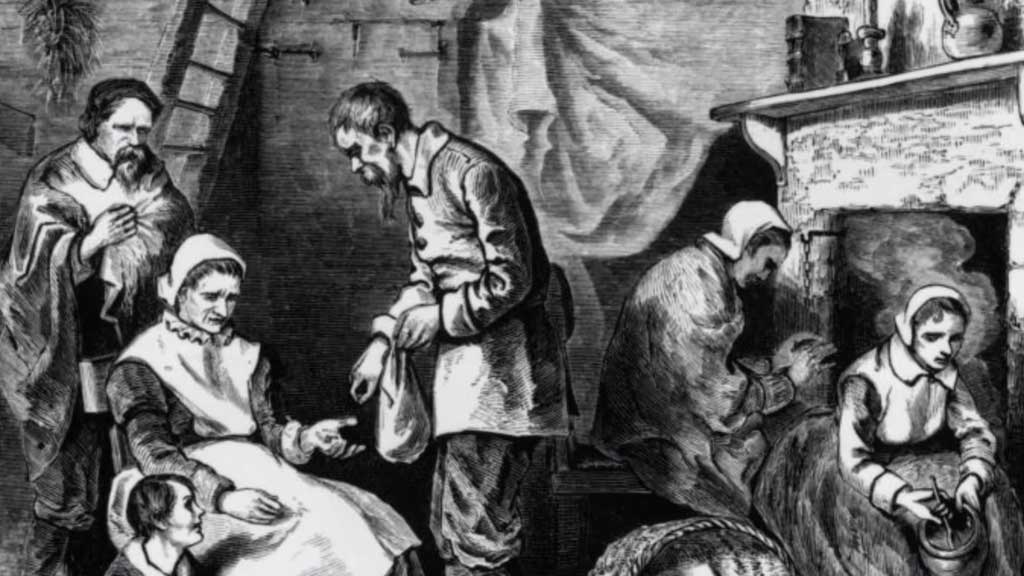
Sandwich was founded in 1637 by a group of settlers led by Edmund Freeman. As one of the earliest European settlements in New England, Sandwich played a pivotal role in the region’s colonial history.
Its establishment marked the beginning of organized European settlement on Cape Cod, laying the foundation for future growth and development.
Early Industry

In the 18th century, Sandwich emerged as a center for maritime trade and industry. The town’s natural harbor provided an ideal location for shipbuilding, fishing, and coastal trade.
Shipyards dotted the waterfront, producing vessels that sailed to ports around the world.
This era of maritime activity fueled Sandwich’s economy and established it as a vital hub of commerce in colonial Massachusetts.
Glassmaking Heritage
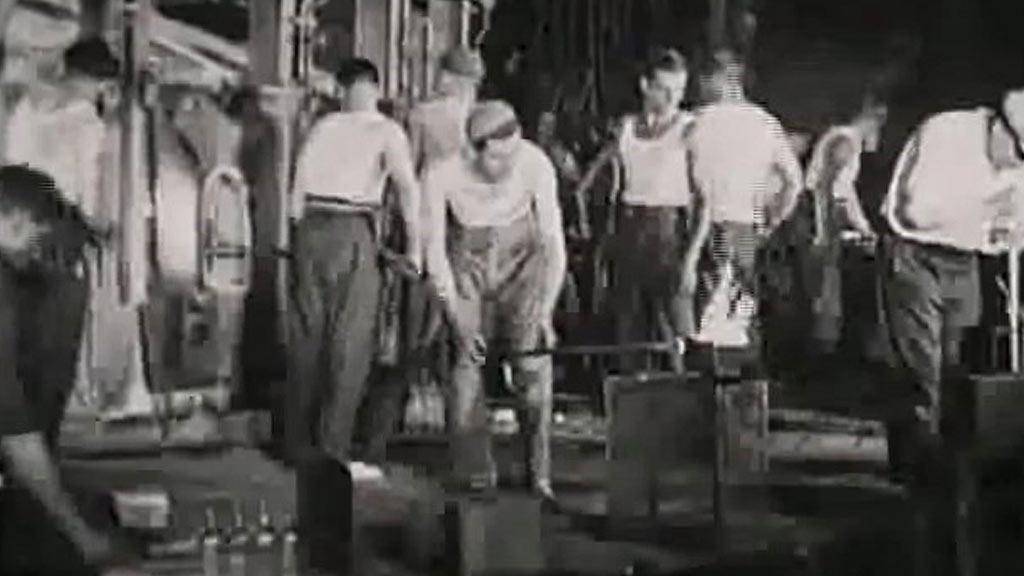
Sandwich gained international acclaim in the 19th century for its glassmaking industry. In 1825, the Boston and Sandwich Glass Company was established, becoming one of the largest and most successful glassworks in the United States.
Sandwich glass, known for its exquisite craftsmanship and vibrant colors, was prized by collectors and consumers alike. The legacy of glassmaking remains an integral part of Sandwich’s identity, with several historic glassworks sites preserved for posterity.
Revolutionary War Participation
During the Revolutionary War, Sandwich residents played an active role in the patriot cause. The town contributed soldiers to the Continental Army and supported efforts to resist British rule.
Sandwich’s strategic location along the coast made it vulnerable to British naval attacks, leading to skirmishes and raids along its shores.
The sacrifices made by Sandwich’s residents during this tumultuous period helped secure America’s independence.
Agricultural Heritage
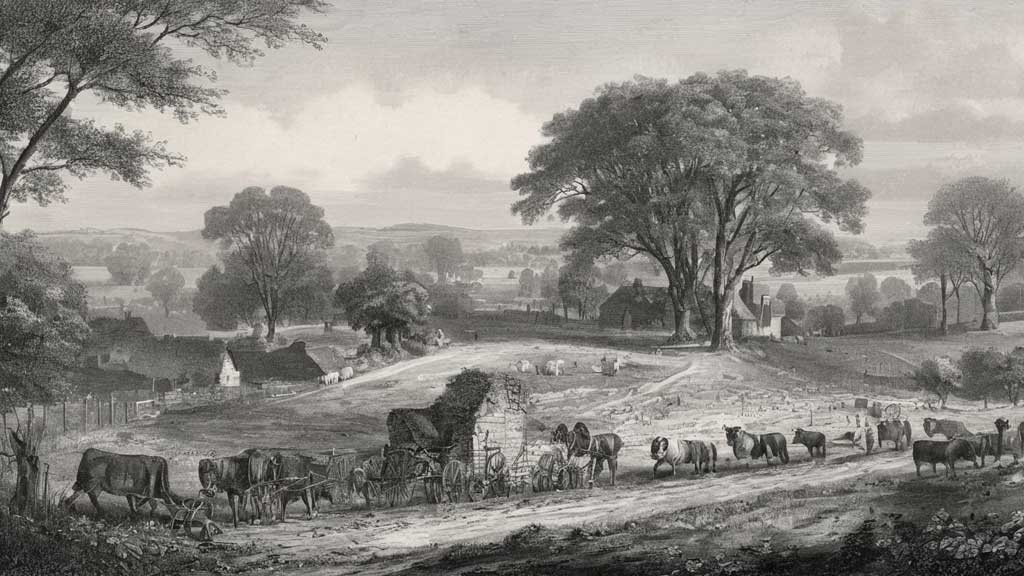
Throughout its history, Sandwich has been known for its fertile farmland and agricultural prowess. Early settlers cultivated crops such as corn, wheat, and vegetables, sustaining themselves and contributing to the local economy.
Agriculture remains an essential part of Sandwich’s identity, with farms and agricultural enterprises continuing to thrive in the 21st century.
Architectural Legacy
Sandwich boasts a wealth of historic architecture, ranging from colonial-era homes to elegant Victorian mansions.
The town’s Main Street is lined with well-preserved examples of Federal, Greek Revival, and Queen Anne architecture, reflecting the tastes and styles of different eras.
Historic landmarks such as the Hoxie House, Dexter Grist Mill, and the Sandwich Town Hall offer glimpses into Sandwich’s architectural heritage and cultural evolution.
Preservation Efforts
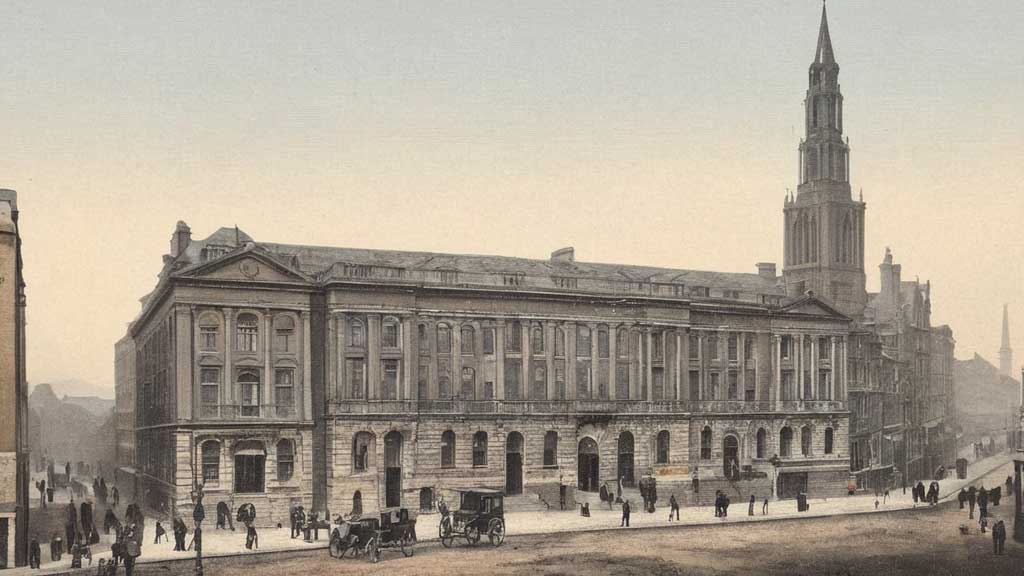
In recent decades, Sandwich has made concerted efforts to preserve its rich historical heritage.
The Sandwich Historical Commission and other local organizations have worked to protect historic buildings, landmarks, and archaeological sites from deterioration and development.
These preservation efforts ensure that Sandwich’s history remains alive and accessible to future generations, fostering a sense of pride and appreciation for the town’s storied past.
Cranberry Cultivation
Sandwich has a longstanding tradition of cranberry cultivation, dating back to the 19th century. The town’s acidic bogs provided ideal conditions for growing cranberries, and by the late 1800s, cranberry farming had become a thriving industry in Sandwich.
Today, cranberry cultivation remains an essential part of the town’s agricultural landscape, with local farms producing cranberries for both commercial and artisanal purposes.
Quaker Influence
Sandwich has a significant Quaker heritage, with Quaker settlers playing a prominent role in the town’s early history.
Quaker meetings were established in Sandwich as early as the 17th century, and the principles of pacifism, equality, and community service espoused by the Quakers left a lasting imprint on the town’s culture and values.
Cultural Institutions
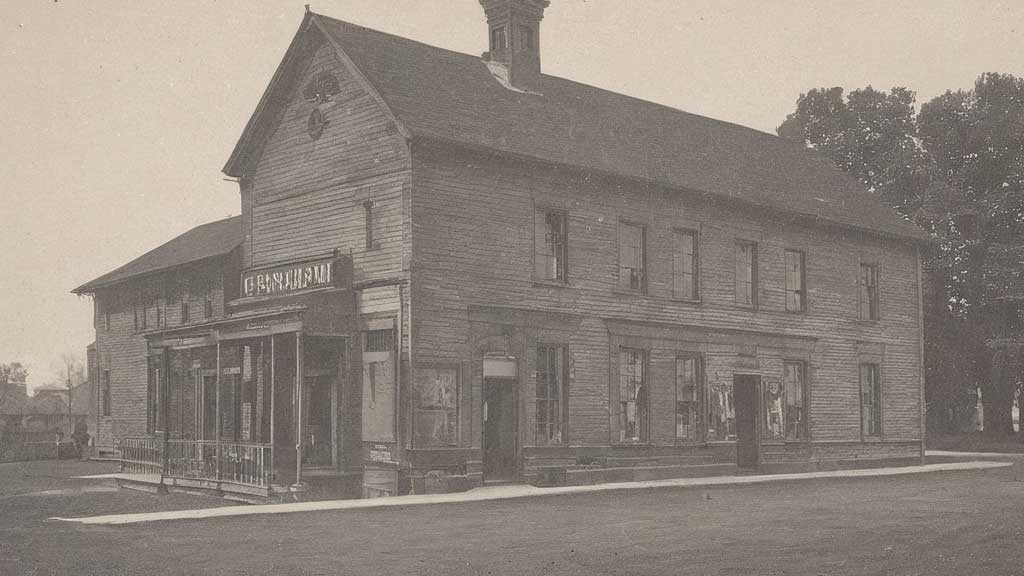
Sandwich is home to several cultural institutions that celebrate its history and heritage. The Sandwich Glass Museum showcases the town’s glassmaking legacy, featuring exhibits on glass production techniques and displays of exquisite glassware.
The Thornton W. Burgess Society preserves the legacy of children’s author Thornton Burgess, who called Sandwich home, and operates a museum and wildlife sanctuary dedicated to his work.
Maritime Heritage
Sandwich’s proximity to Cape Cod Bay has shaped its maritime heritage throughout history. The town was a center of shipbuilding and fishing in the 18th and 19th centuries, with vessels constructed in Sandwich’s shipyards sailing to ports around the world.
Today, the Sandwich Marina and Boardwalk serve as reminders of the town’s maritime past, offering opportunities for recreation and leisure along the waterfront.
Military History
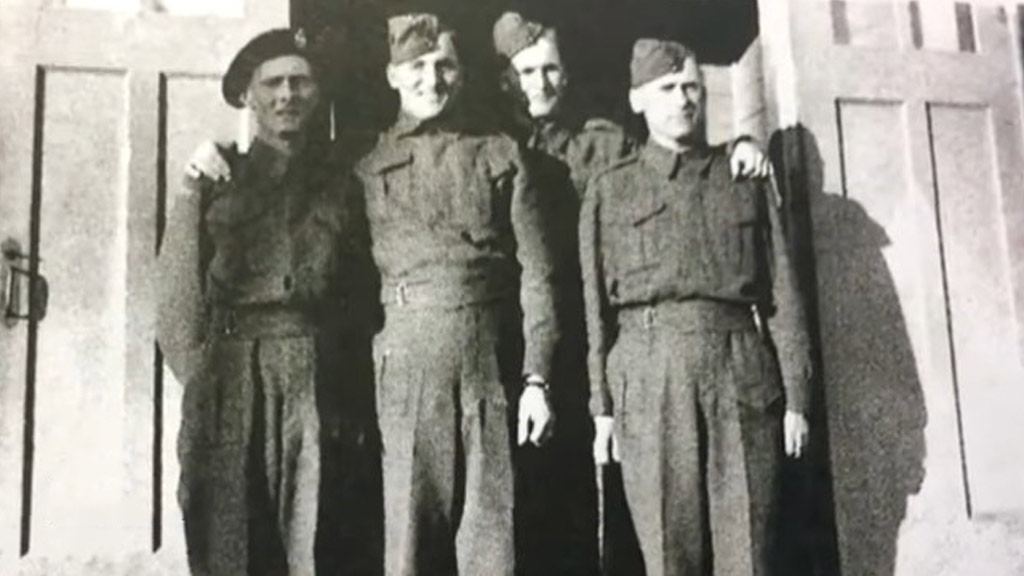
Sandwich has a rich military history, with residents serving in conflicts ranging from the Revolutionary War to the present day.
The town’s historic landmarks, including the Benjamin Nye Homestead and the Dexter Grist Mill, provide insights into Sandwich’s contributions to America’s military endeavors and the sacrifices made by its soldiers and veterans.
Social Reform
Sandwich has a history of social reform and activism, with residents advocating for causes such as abolitionism and women’s suffrage.
The town was home to prominent abolitionists and suffragists who fought tirelessly for equality and justice. Their efforts helped to shape the course of American history and advance the cause of civil rights.
Artistic Legacy
Sandwich has long been a haven for artists and artisans, drawn to its scenic beauty and creative community. The town’s historic charm and natural landscapes have inspired generations of painters, sculptors, and craftsmen, who have left their mark on Sandwich’s artistic legacy.
Today, galleries and studios throughout the town showcase the work of local and regional artists, preserving and perpetuating Sandwich’s vibrant artistic heritage.
Who Is The Founder Of Sandwich Massachusetts?
The founder of Sandwich, Massachusetts, is considered to be Edmund Freeman. In 1637, Freeman led a group of settlers to establish what would become one of the oldest towns in the United States.
Descended from a prominent English family, Freeman sought opportunities in the New World, where he could pursue religious freedom and economic prosperity.
Arriving on the shores of Cape Cod, Freeman and his fellow settlers encountered a land of untamed wilderness and abundant natural resources. They worked tirelessly to establish a thriving community, clearing land for farms, constructing homes and buildings, and forging connections with neighboring settlements.
Freeman’s leadership and vision laid the foundation for Sandwich’s growth and development, shaping its identity as a coastal town with a rich history and heritage.
Today, Freeman’s legacy lives on in the town he helped to establish, as Sandwich continues to thrive as a vibrant community on Cape Cod.
What Sandwich Is Massachusetts Known For?
Sandwich, Massachusetts, is known for more than just its historical significance as one of the oldest towns in the United States. It also holds a unique culinary reputation, offering a variety of sandwiches that reflect its cultural heritage and coastal location.
Here are seven things Sandwich, Massachusetts, is known for:
Lobster Roll

The lobster roll is perhaps the most iconic sandwich associated with Sandwich, Massachusetts. Made with freshly caught lobster meat, typically dressed with mayonnaise or butter, and served on a toasted bun, the lobster roll is a quintessential New England delicacy.
Visitors to Sandwich can enjoy this seafood sensation at local eateries along the waterfront, savoring the flavors of the ocean in every bite.
Clam Roll
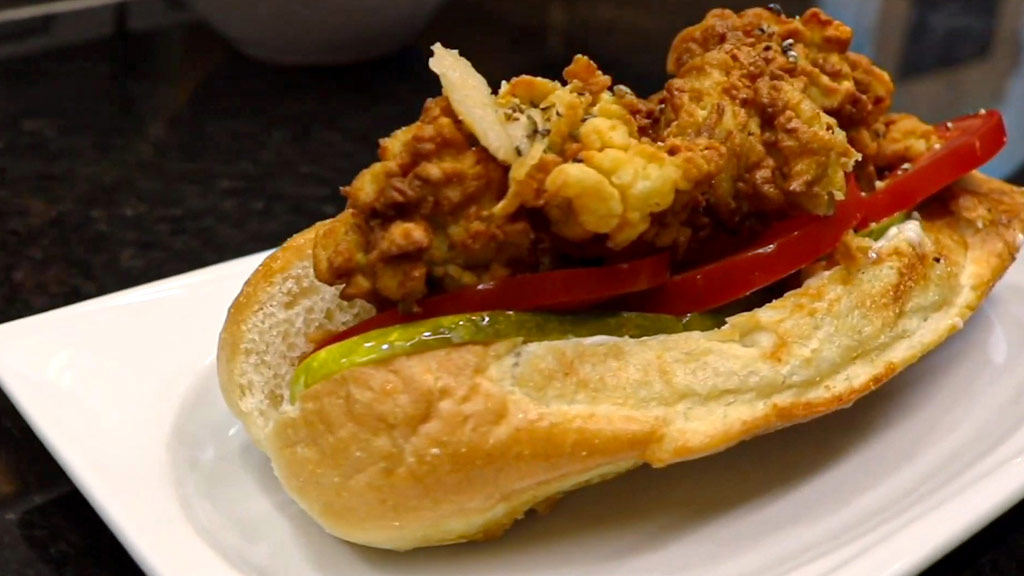
Another beloved seafood sandwich found in Sandwich is the clam roll. Featuring tender fried clams nestled in a soft bun, the clam roll is a favorite among locals and visitors alike.
Served with tartar sauce and a squeeze of lemon, this sandwich captures the essence of Cape Cod cuisine, offering a taste of the sea with every mouthful.
Cranberry Turkey Sandwich
Given Sandwich’s rich cranberry heritage, it’s no surprise that cranberries find their way into many local dishes, including sandwiches. The cranberry turkey sandwich is a popular choice, featuring thinly sliced turkey breast, tangy cranberry sauce, and crisp lettuce on hearty whole-grain bread.
This sandwich offers a perfect balance of savory and sweet flavors, showcasing the region’s agricultural bounty.
Cape Cod Reuben

A Cape Cod twist on the classic Reuben sandwich, the Cape Cod Reuben is a delicious marriage of flavors. Instead of corned beef, this sandwich features freshly caught cod or haddock, topped with sauerkraut, Swiss cheese, and Thousand Island dressing, all grilled to perfection on rye bread.
The Cape Cod Reuben pays homage to the region’s maritime heritage while satisfying hearty appetites.
Pilgrim Sandwich
As the home of the Pilgrims’ first landing in the New World, Sandwich, Massachusetts, celebrates its colonial history with the Pilgrim sandwich.
This hearty sandwich features thinly sliced roast turkey, stuffing, cranberry sauce, and gravy, all piled high on a soft roll.
With each bite, diners can imagine themselves transported back to the days of the early settlers, experiencing the flavors of a traditional Thanksgiving feast.
Lobster BLT
For a decadent twist on a classic sandwich, visitors to Sandwich can indulge in the lobster BLT. This gourmet creation combines succulent lobster meat with crispy bacon, lettuce, and ripe tomato, all sandwiched between slices of toasted bread.
The lobster BLT offers a harmonious blend of rich, savory flavors, making it a must-try for seafood enthusiasts and sandwich connoisseurs alike.
Portuguese Bifana
Reflecting the diverse cultural influences found in Sandwich, the Portuguese bifana is a sandwich that packs a flavorful punch. Thinly sliced pork loin marinated in garlic and spices is grilled to perfection and served on a crusty roll, creating a savory and satisfying meal.
With its roots in Portuguese cuisine, the bifana adds a deliciously exotic twist to Sandwich’s culinary landscape, inviting diners to explore new flavors and traditions.
Conclusion
The history of Sandwich, Massachusetts, is a testament to the enduring spirit and legacy of one of America’s oldest towns. From its colonial origins to its modern-day charm, Sandwich’s history reflects the resilience and ingenuity of its inhabitants.
As we reflect on Sandwich’s past, we gain insight into the forces that shaped its evolution and the values that continue to define its community.
Through preservation efforts and a celebration of its heritage, Sandwich honors its rich history and ensures that future generations can appreciate the town’s cultural significance.
As Sandwich continues to thrive in the 21st century, its history remains a source of inspiration and pride for residents and visitors alike.
Jaclyn Lowe